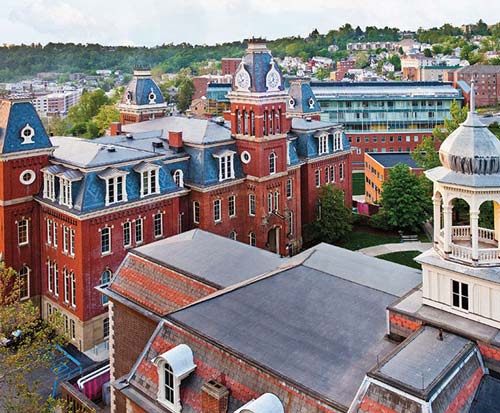Intercollegiate Programs
Biochemistry, BS
An interdisciplinary science, biochemistry is the study of the ways that living organisms make and use molecules in their cells, organs, and ecosystems. We also learn how molecules from the environment (food, drugs, toxins) improve or interfere with cell functions.
Biochemists create and test new foods and pharmaceutical drugs. They often work in research and healthcare to understand and support the health of individuals and the environment.
















